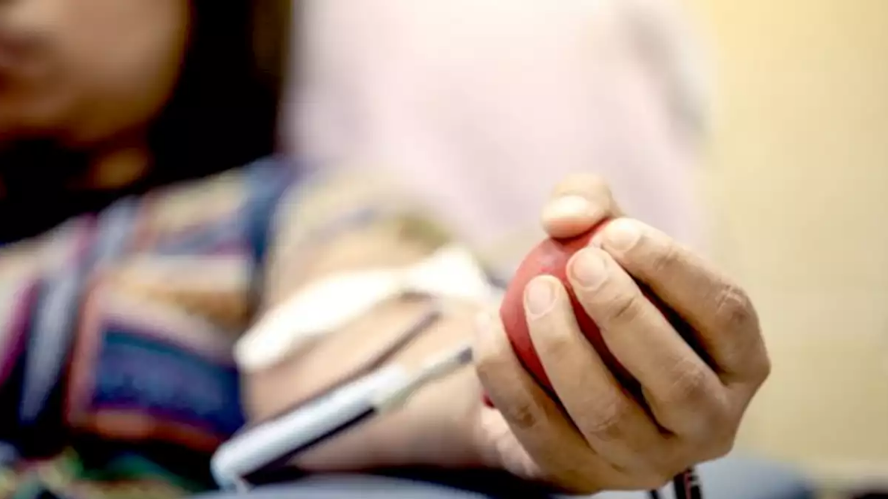Bhubaneswar: With the three-week lockdown in force, the Capital city’s blood banks here have reported acute shortage of blood units as the state government ordered a temporary ban on collection of blood to contain spread of coronavirus (COVID-19).
Although health experts and WHO (World Health Organization) have maintained that ‘spread of COVID-19 or any respiratory viruses doesn’t transmit through blood or blood components,’ widespread misinformation and ban on blood camps have led to acute shortage of blood in the city.
“Patients suffering from Thalassemia need blood on a daily basis. Then there are other cases such as pregnant ladies or other critical patients who also need blood. We should not panic as donating blood is completely safe. It’s our duty to come forward in this emergency situation and save our city blood banks to save from any crisis,” said Laxman Swain, Junior Red Cross Officer.
Experts believe that any blood bank having more than 200 units of blood can be only termed as having ‘satisfactory’ amount of supply. However, out of eight hospitals providing blood only Kalinga Hospital Blood Bank is presently reported to have just 182 units of supply.
Meanwhile, Capital Hospital has 33 units; Hitech Medical College & Hospital has 30 units; BMC Hospital has 14 units; Sum Hospital has 15 units; KIIT Blood Bank has 10 units of supply. Apollo Hospital and Amri Hospitals have reported complete lack of blood units.
Earlier, with mounting case of COVID-19 the state of Maharashtra declared that is running the risk of its blood banks getting dried up because of an acute shortage of supply. State health minister Rajesh Tope, on March 26, had said the state’s stock of blood will last one seven to eight days and appealed people to come forward to donate at blood banks.
“Blood is one thing that has no alternative. One must understand that blood has a shelf life of 35 days. To avoid social distancing blood camps have been restricted by the government. However, people can individually come forward and donate blood. Although Covid-19 does not spread through blood one needs to take care of cleanliness and hygiene while donating,” said Amulya Kar, an expert in Thalassemia.
